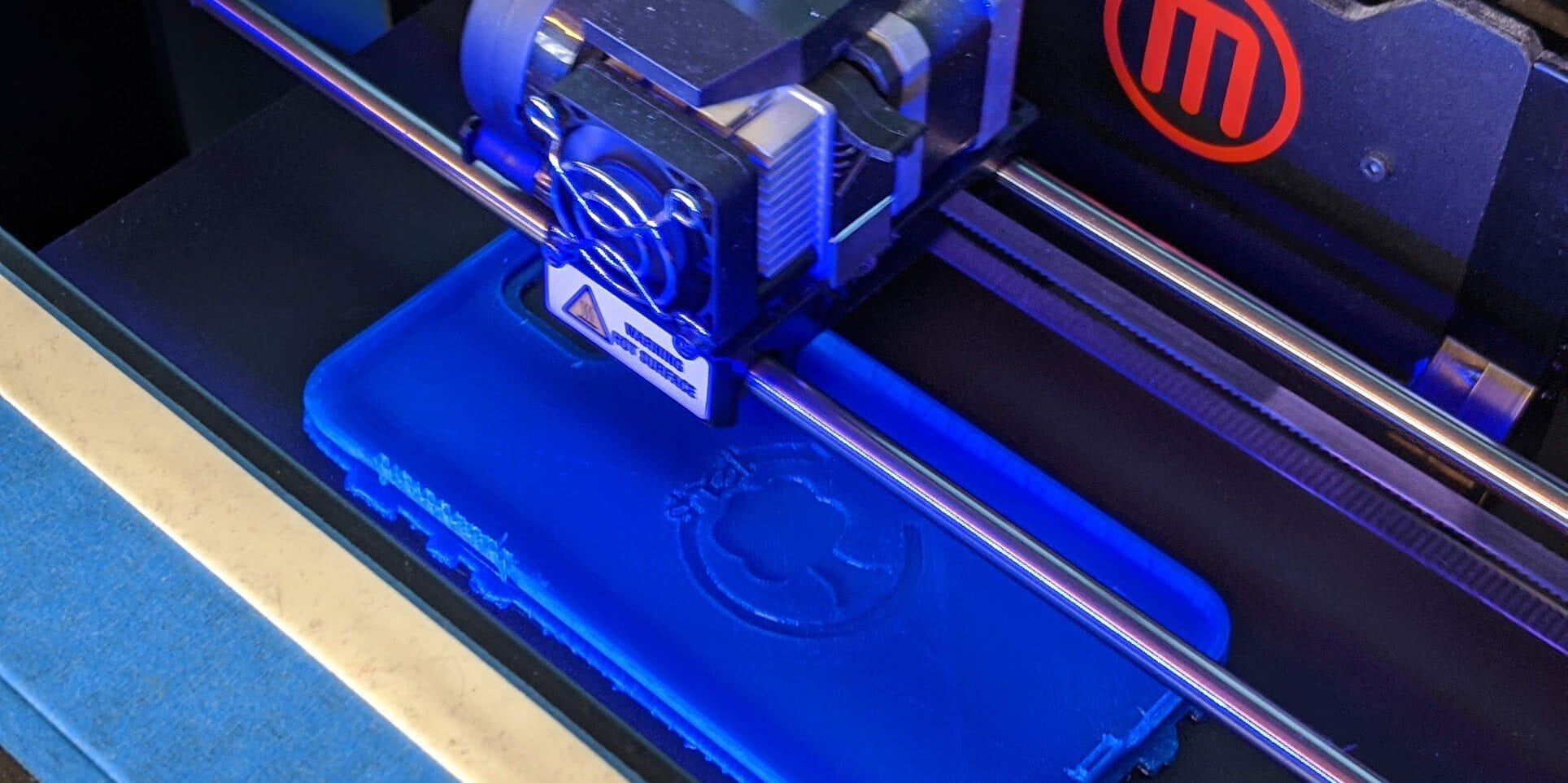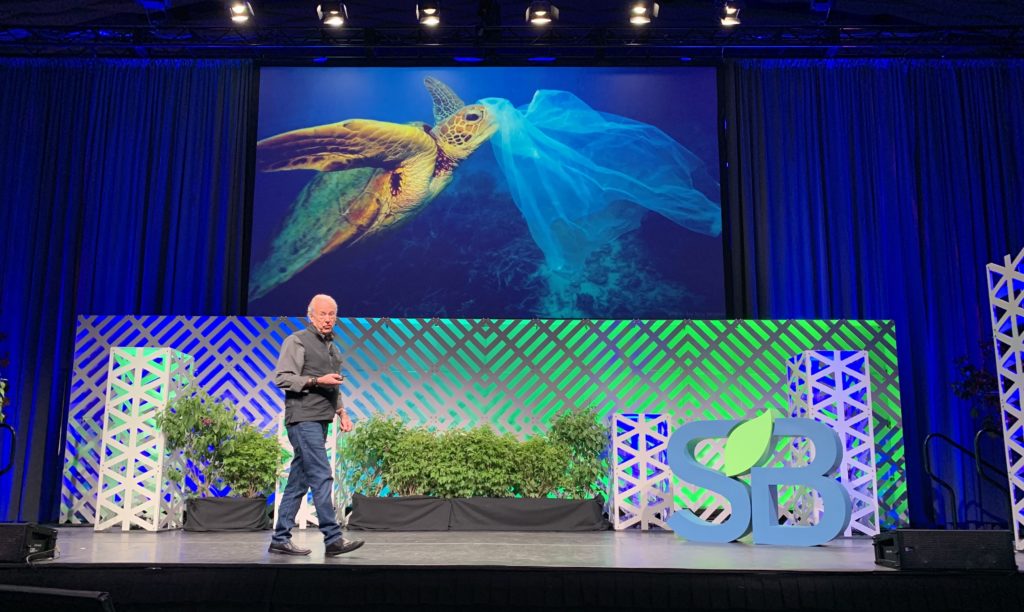Jacob Melone, a Senior Environmental Consultant at MBDC, shares his reflections on a Cradle to Cradle workshop he conducted at a nearby school.
This January, a private school near Richmond, VA reached out to MBDC about having a chemist present on sustainable and circular design to a class of design students. It was a new way of engaging for MBDC, and my first opportunity to work with students since I was a teaching assistant in graduate school.
The support of the leading educator was the catalyst for MBDC’s involvement and I was amazed by the students’ enthusiasm. Before my discussion with the class, the students had previously visited a local recycling center for a first-hand view of how recyclables in the area are processed. They were also given a crash course on Cradle to Cradle Design™ and began the brainstorming process to decide on a product that could be prototyped.
The students’ ambitious ideas were one of the first things I noticed, mirroring what I see from companies seeking certification across industries. However, I explained that sometimes simple ideas can have the greatest impact. After weeding out some of the more complex and abstract concepts, they arrived at a product I think fits the Cradle to Cradle Design Framework well: a cell phone case constructed out of thermoplastic polyurethane (TPU) plastic.
A phone case was a great idea because they are:
- Ubiquitous; a majority of customers have and use them every day
- Relatively inexpensive and easy to replace
- Simple production with materials which are widely available
This final point was very important to the students, as they fully embraced a Circular Economy model and laid the framework for an extensive take-back program. It is a fairly easy process to incorporate recycled plastics into new 3-D filaments which opens the doors to an endless stream of waste materials coming back to manufacturing. The students understood the concept of storing the raw material residing in the product and utilizing the technical nutrient cycle to feed consumption, all the while minimizing resource extraction, improving transparency and increasing the amount of waste diverted from landfills.
The product was originally scheduled to make its debut at the school’s Earth Day Maker event, but with school closings due to the Covid-19 pandemic, it has been delayed. Nevertheless, I am confident that this course will return and feel that it is more necessary now than ever. I am hopeful that the world is waking up to the anthropological changes all around us. Students have access to technology and information that I did not have access to just a few years ago — and I am optimistic that their creativity and ingenuity will help to solve some of the challenges facing humanity.
Interested in learning more about Cradle to Cradle Design™? Contact us!


